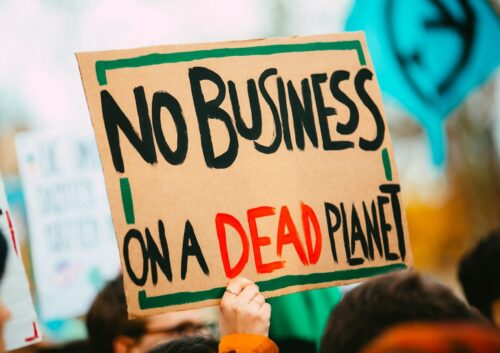The electric vehicle revolution is encountering significant hurdles as consumers grapple with high costs, infrastructure challenges, and geopolitical tensions, potentially slowing the transition from traditional gas-powered cars, according to a report by Fast Company.
Fast Company reports the automotive industry has undergone a significant transformation with the push towards electric vehicles in recent years.
However, the road to widespread EV adoption is proving to be bumpy, with several obstacles threatening to stall progress.
One of the primary concerns for potential EV buyers is the cost. While a recent University of Michigan study suggests that there is rough price parity between EVs and gas-powered cars on a macro level, with EVs being more economical in some areas and gas cars in others, the upfront cost of electric vehicles remains a significant barrier for many consumers.
This situation is likely to worsen as the Biden administration has dramatically increased the tax rate on imported EVs from 27.5 percent to 102.5 percent this year, a move aimed at curbing the influx of cheaper Chinese-made vehicles into the U.S. market.
Infrastructure challenges also continue to plague the EV industry. According to recent research by Harvard Business School, one in five charging points across the United States are non-functional.
This lack of reliable charging infrastructure contributes to “range anxiety” among potential EV adopters, who worry about being stranded with a depleted battery.
Loren McDonald of industry analysts EVAdoption projects that the U.S. will need approximately 2.8 million charging stations by 2030 to meet forecast demand, highlighting the enormous scale of infrastructure development required.
Despite these lofty goals, the Biden administration has reportedly failed to produce even a single charging station with $7.5 billion allocated by Congress.
The global geopolitical landscape is adding another layer of complexity to the EV market.
Both the United States and the European Union have introduced import tariffs on Chinese-made vehicles, potentially impacting the availability and pricing of EVs.
While the EU’s tariffs are more modest at an average of 21 percent, the impact on the European market is expected to be less severe due to Chinese manufacturers’ existing healthy margins in the region.
Supply chain disruptions and varying global regulations are further complicating the EV landscape.
Aidan Rushby, CEO and founder of vehicle finance and insurance company Carmoola notes that “the industry faces broader issues such as supply chain disruptions and varying global regulations that could impact EV availability and pricing.”
The shortage of computer chips and batteries, crucial components for EVs, is particularly acute and affecting production capabilities.
Read rest at Breitbart




















For road trips or for people that don’t live where they can charge their car at home (such as most apartments) charging time is an issue. I recently read an article where a battery has been developed that can be charged to 80% in four and a half minutes. Applying a little thought, this won’t be much of an improvement because it requires charging stations with eight times the capacity of the current ones.
I have driven a Chevy Bolt EV for the past six years. My wife drives a “gas car” which is what we use for any longer distance trip. Our EV is basically only a city car that we charge at home every night with a 240vac garage charger. This combination works great.
At this point in EV development and charging infrastructure I sure wouldn’t want to be an “EV-only” family.
Forcing us into EV’s that nobody wants Biden is a totally responsible and Governor Nuisance here in California is a total Moron
I know a number of people in my area who have EVs (mostly Teslas but seeing more from other manufacturers). Every one of these people also have a real (gas powered) car or truck for real driving. The EVs are for driving around town (and showing how much they care about “The Climate Crisis”). So their charging is done at home at night.